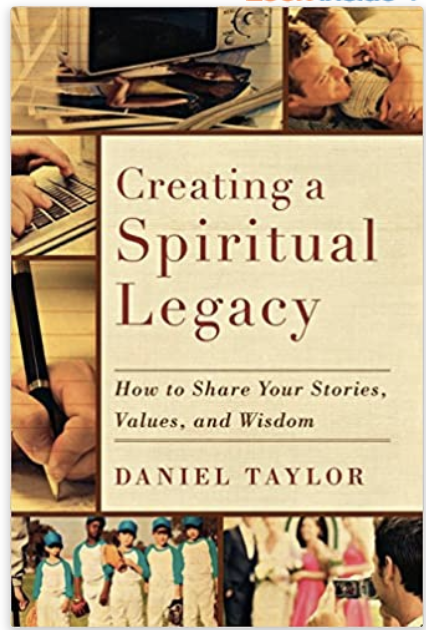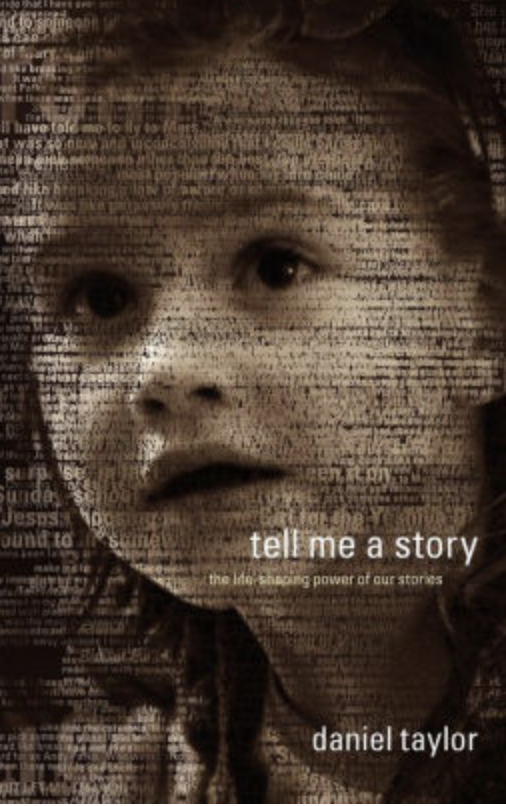Dear Readers, in this season of worldwide crisis, I’ve revisited the blogs I originally scheduled for this month, trying to discern whether they were fitting for the moment. In the end, I decided that we need more than ever to share stories these days, even “silly ones.” I hope this inspires you, even in these hard days.
As many of you know, I love to teach about knowing our stories of grace. Some such stories are serious, at times tragic or traumatic, with God rescuing us from the pit of despair. But others are just plain silly and bring a sweet smile when we recall them. Today’s story happened many years ago, when our two youngest were still high school students. It still makes me laugh when I think of it. I hope you enjoy it and write one of your own.
I’ll be the first to admit, I have a bad habit of pulling people’s legs, as in, telling someone something utterly ridiculous with a completely straight face. I have hoodwinked my family (I should be ashamed to say☺), so many times that they likely would not budge if I told them the house was on fire, even if they were surrounded by massive clouds of smoke.
As much as I enjoy playing jokes on my family, I think I enjoy better being fooled with a good, old-fashioned leg-pull myself. My son and daughter got me good, and I’m still smiling when I think of their humor.
They came in from school, where I greeted them warmly with a generous plate of freshly-baked chocolate chunk cookies. They kissed me, hugged me, and exclaimed, “Oh, thank you, dear mother, you are so awesome!” (Actually, this last scene did not happen – I was just giving an example of the leg-pulling I like to do:-)!
They did, however, come in from school, where they found me sitting at the kitchen table tapping away at my computer. My younger son, a freshman, came toward me carrying one of those inevitable forms that require either an authority figure’s signature, money, or both.
It turned out to be his school picture order form. His sister built it up by very casually remarking, “Yeah, he had a really good picture this year!”
He showed me the form, which listed options for various ways to buy his “mug,” one of which was, quite literally, a mug. (As in, I could sip my coffee staring at my handsome son, and if you haven’t figured this out already, that’s just not quite the kind of mom I am).
In the “Mug Quantity” column, he had scribbled the number 10 (one for each immediate family member and four for his grandparents). He had also placed an order for 10 puzzles featuring his face. He had also ordered five mousepads so we could scroll over his nose, and he off-handedly said, “Oh, I haven’t filled in the order for the keychains and buttons yet. You can do that!”
Last week was homecoming, and as student government reps, they had been under a lot of stress. I thought, “They’ve truly lost their minds…” Frantically, my mind raced to come up with a gentle way to explain that as much as I loved looking at my 14-year-old, I really didn’t want a mug with his mug. Around the time I noticed the sticker shock (one mug was $18!), Robert cheerfully added, “But you can probably get a discount, since Dad operated on the photographer’s knee!”
Still searching my mind for the best let-down, I looked up at them. That’s when I saw their mouths trembling, quivering from the severe effort to hold in their laughter. Then they burst. “Oh Mom, we got you!” I laughed and laughed and shouted, “You got me good!” And I thanked God that I wouldn’t have to order an $18 mug with my son’s face on it. But if any of you are interested…
What about you? What silly stories that just make you smile or laugh do you have in your arsenal? I’d love to hear them! Please share in comments or over on my Facebook author page under this week’s Tell-a-Story Thursday.






